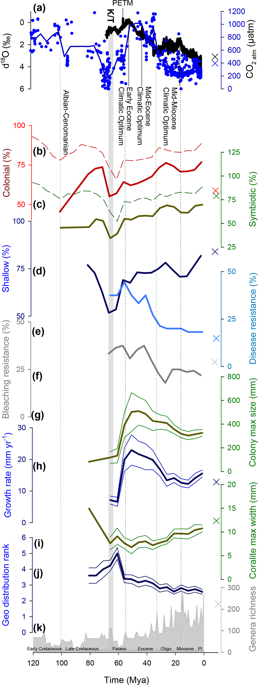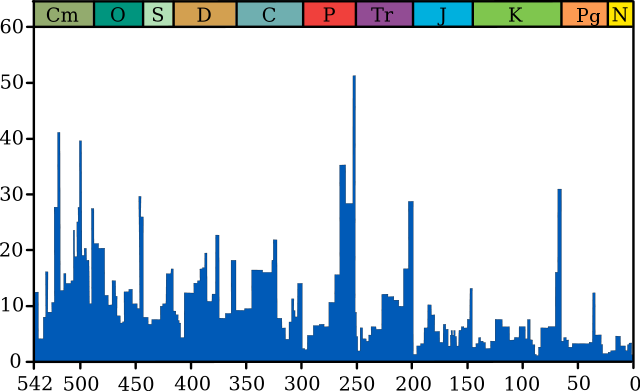Would you say the Coral Reefs are part of a balanced system? If so then what is causing their demise?If you have a stable mature tank, and healthy happy well fed fish, I think the likelyhood of them being overwhelmed by a pathogen is quite unlikely.
The problem is immature systems, like my current recent build do not have the maturity or stability to keep the fish in 100% condition, thus my recent unfortunate death of a beautiful blue tang.
The only solution is time and slowly adding new stuff to the tank. I don't think bottled bac products really help much past cycling a tank.
I'm not yet convinced that quarantining fish will help. You need to increase diversity, not kill it off by sterilising everything.
Before somone points out that I recently poemise?ted that I'm going to QT everything, yes I changed my mind. It's pointless and counterproductive. I will still QT some high risk fish, but I'm not going to 72 days fallow as I have more than one tank
Regards
Graham.
I don't believe there are guarantees in this hobby and the more we can do to bring the odds in our favor the better it will be for our livestock and wallets.





















